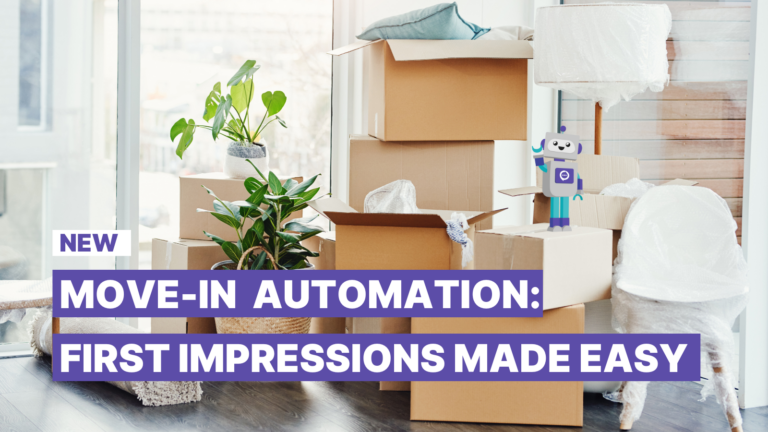The effects of COVID-19 are far-reaching and may shape how Americans live for years to come. One of the most significant changes is the surge in employees who now work from home. Remote work that was thought to be a temporary measure as a result of the pandemic is being adopted as a permanent change at many companies across the country.
An estimated 25 to 30% of the U.S. workforce will be working remotely multiple days a week by the end of 2021, according to Global Workplace Analytics.
For Multifamily, this means prospects are considering whether an apartment community offers the infrastructure and comfort needed to work from home. A reliable, high-speed internet connection might be necessary for some, while others may find value in having safe access to apartment community amenities during the workday.
In this post, we’ll highlight some considerations apartment communities can take to help their residents adjust to working remotely for the foreseeable future.
Implement Quiet Hours
With residents living so close together, noise is bound to be a concern as more people work from home. Many apartment communities have rules around excessive noise late at night, and some have started adding weekday quiet hours to accommodate residents who work from home.
In some cases, the quiet hour policy is included in the lease, while others are simply asking residents to comply as a courtesy to their neighbors. In the future, we could see property managers designating certain areas of a community as quiet zones meant to accommodate remote workers.
High-Speed Internet For All
The vast majority of individuals living in apartments want a reliable, high-speed internet connection, and this has become a necessity as more people work from home. In fact, it’s virtually impossible to do most remote jobs without a solid internet connection.
Communities that treat the internet as a utility like electricity or water are bound to attract people who rely on technology to do their jobs. Ones that don’t prioritize this might lose residents. Global Workplace Analytics estimates that 56% of the U.S. workforce holds a job that is at least partially compatible with remote work, so optimizing your apartment community for this could pay off.
Establish Co-Working Spaces
Some Multifamily companies have started building rentable office spaces within their apartment communities to accommodate residents who work remotely. Think of this as working from home, but better: Some spaces come equipped with office furniture, supplies and mini refrigerators, and can be rented annually, monthly, daily or hourly.
These spaces are emerging in major cities, and they’re ideal for people who work from home but need a more professional setup at times. As more and more companies are approving work-from-home policies, apartment communities that have dedicated co-working spaces could have an edge over the competition.
Set Up Amenity Scheduling
A huge perk of living in an apartment community is having access to amenities that aren’t typically available in a single-family home, such as a pool, hot tub, fitness center and dog wash station. Working from home and being able to use these amenities at any time sounds like the ideal scenario for anyone, but the pandemic has forced communities to rethink how residents use these community amenities.
Many apartment communities have turned to amenity scheduling, which permits a resident to reserve the amenity they want to use for a particular day and time. Launched by Respage in May, the Resident Amenity Scheduler is fully customizable and can be accessed in numerous ways, including through a mobile app. Residents can book their time slot for whichever amenity they want to use, allowing for proper social distancing and thorough cleanings between each use. With advanced features and multiple points of access, the Respage Amenity Scheduler is the most robust amenity reservation tool offered in Multifamily.
Conclusion
Given that more people are working from home, it makes sense that apartment communities are implementing ways to accommodate remote workers. Time will tell which changes are short-term and which ones are permanent, but it would be worthwhile for communities to explore how they can attract and retain residents who work from home.






